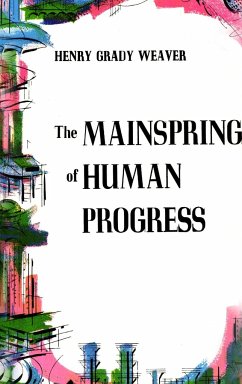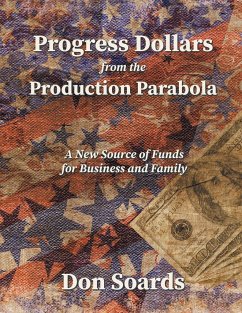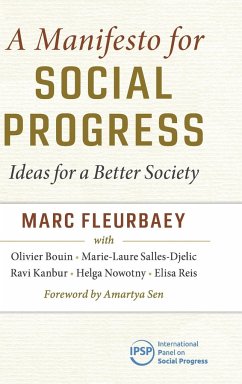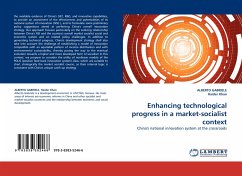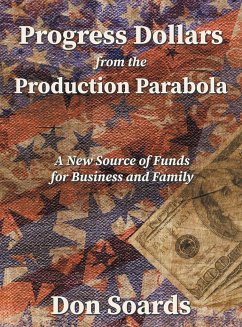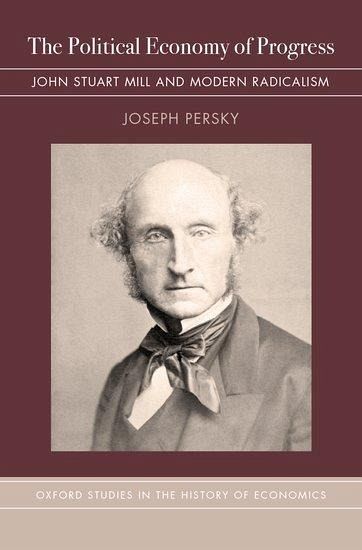
Political Economy of Progress
John Stuart Mill and Modern Radicalism

PAYBACK Punkte
62 °P sammeln!
While there had been much radical thought before John Stuart Mill, Joseph Persky argues it was Mill, as he moved to the left, who provided the radical wing of liberalism with its first serious analytical foundation, a political economy of progress that still echoes today. A rereading of Mill's mature work suggests his theoretical understanding of accumulation led him to see laissez-faire capitalism as a transitional system. Deeply committed to the egalitarian precepts of the Enlightenment, Mill advocated gradualism and rejected revolutionary expropriation on utilitarian grounds: gradualism, no...
While there had been much radical thought before John Stuart Mill, Joseph Persky argues it was Mill, as he moved to the left, who provided the radical wing of liberalism with its first serious analytical foundation, a political economy of progress that still echoes today. A rereading of Mill's mature work suggests his theoretical understanding of accumulation led him to see laissez-faire capitalism as a transitional system. Deeply committed to the egalitarian precepts of the Enlightenment, Mill advocated gradualism and rejected revolutionary expropriation on utilitarian grounds: gradualism, not expropriation, promised meaningful long-term gains for the working classes. He endorsed laissez-faire capitalism because his theory of accumulation saw that system approaching a stationary state characterized by a great reduction in inequality and an expansion of cooperative production. These tendencies, in combination with an aggressive reform agenda made possible by the extension of the franchise, promised to provide a material base for social progress and individual development. The Political Economy of Progress goes on to claim that Mill's radical political economy anticipated more than a little of Marx's analysis of capitalism and laid a foundation for the work of Fabians and other gradualist radicals in the 20th century. More recently, modern philosophic radicals, such as Rawls, have deep links to this Millean political economy. These links are still worthy of development. In particular, a politically meaningful acceptance of Rawls's radical liberalism waits on a movement capable of re-engineering the workplace in a manner consistent with Mill's endorsement of worker management.







